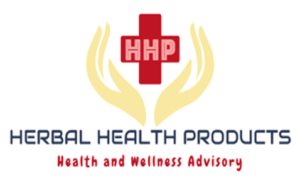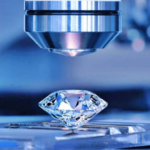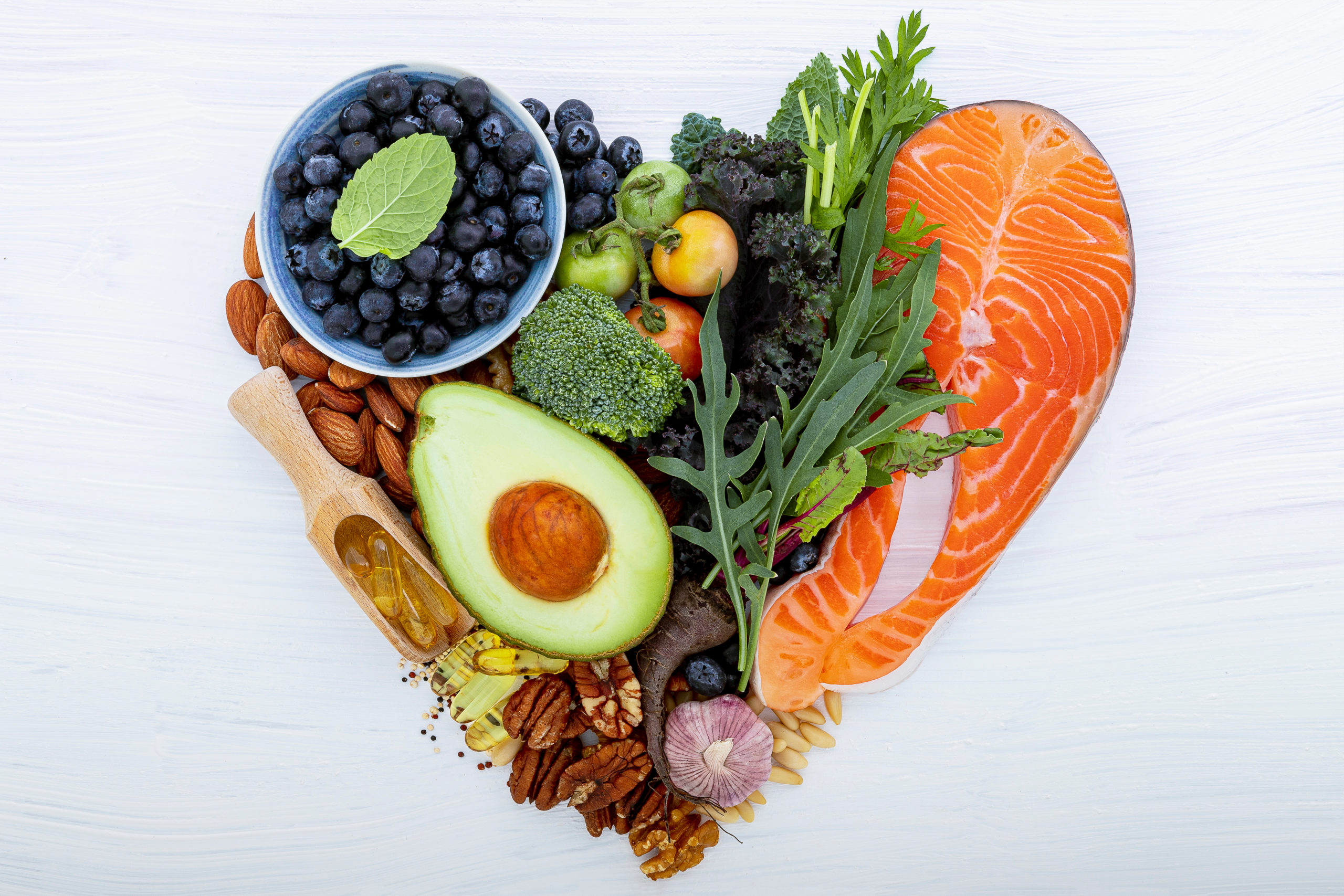A healthy diet has a range of benefits for those who have completed cancer treatment. The right foods can help you feel your best and recover after , and they might even help prevent cancer recurrence and other diseases.
Mary-Eve Brown, a registered dietitian who specializes in nutrition for patients at the Johns Hopkins Kimmel Cancer Center, offers guidance for people looking to help their health following cancer treatment.
Healthy Diet for Survivors of Cancer
There’s no shortage of prevailing fashion diets and trendy foods, yet research strongly suggests that most grown-ups, including survivors of cancer, can benefit from prioritizing these tried-and-true foods:
-
Vegetables and fruit
-
Whole grains
-
Plant protein and lean animal protein
-
Low-fat or nonfat dairy
Vegetables and Fruit
Fruits and veggies are significant sources of fiber, essential nutrients, minerals and phytonutrients. Phytonutrients are plant intensifies that benefit the body and may assume a part in preventing and treating diseases.
Phytonutrients are likewise responsible for bright varieties in fruits and vegetables. For example, tomatoes get their energetic red hue from the potent phytonutrient lycopene. What’s more, the deep purple stains left on your fingers after eating blueberries are from a group of phytonutrients called anthocyanins. To ensure you’re getting a range of phytonutrients, eat a “rainbow” of vivid produce.
Hold back nothing of fruits and veggies every day:
- Vegetables: 2.5 cups or more each day
- Fruit: 2 cups (roughly two pieces of whole fresh fruit) each day
Some micronutrients are lost or diminished when food is cooked, so to maximize the phytonutrients you get from your food, eat a blend of crude and mostly cooked produce.
Whole Grains
Grains are a significant piece of a healthy diet. Be that as it may, when choosing them, steer toward whole grains instead of refined grains.
Whole grains contain three sections: the wheat, germ and endosperm, which are wealthy in nutrients. When grains are refined to make items such as white bread, white pasta and white rice, some of these parts are removed — along with their nutrients. To benefit from those nutrients, search for these whole grains:
-
Whole wheat
-
Whole rye
-
Whole barley
-
Cracked wheat
-
Corn
-
Wild rice
-
Whole grain pasta
-
Brown rice
-
Oats
-
Quinoa
Research suggests that swapping refined grains for whole grain alternatives (whole wheat pasta, whole wheat bread, brown rice) can help prevent diabetes, heart disease and other circumstances.
Plant Protein and Lean Animal Protein
Protein is an essential nutrient that goes about as a building block of healthy cells. Protein helps create and keep up with muscle mass and body tissue, so getting enough protein is essential to regaining your strength after cancer treatment and supporting your recovery.
The most nutritious sources of protein tend to be those that are either lean or plant-based.
Plant Proteins
Eating plant-based proteins is a great method for upping your protein intake without the unhealthy saturated fats tracked down in red meats. As a little something extra, many plant proteins have essential nutrients, minerals and fiber. Plant-based proteins include:
-
Beans
-
Legumes (e.g., chickpeas, lentils, peanuts)
-
Tree nuts (such as almonds, walnuts)
-
Seeds
-
Soy (e.g., edamame, tofu)
Lean Animal Proteins
Lean meats are another great source of protein. Choose white meat poultry, fish or seafood, such as:
- Skinless chicken or turkey breast
- Fish, such as salmon sardines, herring or tuna
When preparing meat, use low-fat cooking methods like broiling, baking or steaming (instead of frying or charbroiling).
Dairy
Dairy is plentiful in protein, calcium and vitamin D. Fermented dairy (such as yogurt or kefir) additionally provides gut-friendly probiotics. In moderation, low-fat or nonfat dairy can be essential for a healthy diet for survivors of cancer survivors. A few servings per day are recommended.
Food to Avoid After Cancer Treatment
While some foods (like vegetables) can help prevent disease, others have been associated with greater gamble of heart disease, diabetes or cancer. Attempt to restrict (or eliminate) the following foods:
Processed Meats
Processed meats are those that have been preserved, most usually through salting, curing, fermenting or smoking. Processed meats include:
-
Bacon
-
Hot dogs
-
Sausage
-
Deli meats
-
Pepperoni
-
Beef Jerky
Processed meats are carcinogens, meaning that they can cause cancer. Specifically, processed meats increase your gamble of developing both colorectal cancer and stomach cancer. These meats contain chemicals such as nitrates or nitrites.
The connection between processed meats and cancer is. The World Health Organization is similarly as confident about the connection between processed meats and cancer for what it’s worth about the connection between cigarettes and cancer. Processed meats are likewise tied to other health concerns, such as heart disease.
This isn’t to imply that that a single slice of bacon will give you cancer, yet you shouldn’t eat these foods routinely. In the event that you commonly pack a sandwich for lunch, use an unprocessed protein like baked chicken breast or canned tuna instead of deli meat.
Fast Food and Highly Processed Foods
Fast food and ultraprocessed foods are tempting — for both their convenience and taste. Be that as it may, eating a lot of either can be detrimental to your health.
What are processed foods?
A processed food is any food that has been changed from its regular structure. Some foods, such as sliced carrots, are negligibly processed, while others, like potato chips, are highly processed. Other examples of highly processed foods are:
-
Mass-produced baked goods, like cookies and pastries
-
Candy bars
-
Breakfast cereal
-
Instant noodles
-
Ice cream
Numerous ultraprocessed foods need fiber and nutrients and are high in unhealthy saturated fats, starches and sugars. Diets that are high in these foods have been linked to obesity, heart disease, high circulatory strain and diabetes.
When possible, attempt to stay with foods that are less processed. So instead of a bag of chips, attempt fresh fruit paired with nuts for a more nutritious and filling nibble.
Sugary Drinks
In the U.S., sweetened beverages (such as soft drinks, juices and energy drinks) are the leading sources of added sugar. High sugar diets are linked to a variety of health problems, including obesity, type 2 diabetes, heart disease, liver cancer and liver disease.
Most — while possibly not all — of these drinks offer no nutritional benefit, meaning they provide nothing however extra calories and sugar. Instead, rely on water and unsweetened beverages to remain hydrated.
Alcohol
Drinking alcohol places you at greater gamble for several diseases, including:
-
Some cancers, such as breast, esophageal, colorectal, pancreatic, lung, and head and neck cancer
-
Liver disease
-
Pancreatitis
-
Kidney disease
Does alcohol provide any benefit? Previously, red wine was thought to be good for the heart, yet we currently know the evidence for that is quite weak. The mischief of alcohol likely outweighs any benefit from phytonutrients (like resveratrol) in red wine.
Any measure of alcohol increases your gamble of developing certain cancers, so avoiding alcohol completely is best.
The Bigger Picture
Remember that cancer survivorship is a long distance race — not a run. Begin little and remain consistent before overhauling your entire diet. Make one or two improvements (for instance, more servings of vegetables, fewer alcoholic drinks) and focus on those for a very long time before moving on to your next goal. For guidance and backing, check in with your oncologist and essential care practitioner.
“For cancer survivors, the best recipe for avoiding recurrence is proper nutrition, combined with weight control and exercise” advises Brown.
Relevant Content Search:
cancer survivorship |
cancer survivorship programs |
which of the following would not be considered a fad diet? |
diet for cancer survivors |
nutrition for cancer survivors |
which of the following statements about nutrients is true? |
nutritional problems related to cancer treatment include which of the following? |
prostate cancer survivorship |
breast cancer survivorship |
cancer survivorship center |
pediatric cancer survivorship programs |
journal of cancer survivorship impact factor |
prostate cancer survivorship guidelines |
cancer survivorship program |
pediatric cancer survivorship |
cancer survivorship programs near me |
childhood cancer survivorship |
journal of cancer survivorship |
cancer survivorship near me |
cancer survivorship month |
cancer survivorship resources |
cancer survivorship clinic |
what is cancer survivorship |
cancer survivorship conference 2024 |
cancer survivorship southwest va |
breast cancer survivorship program |







